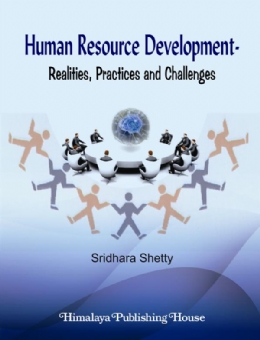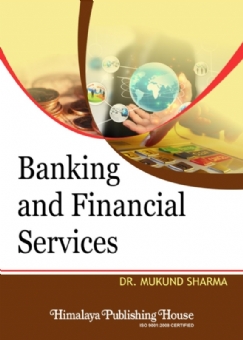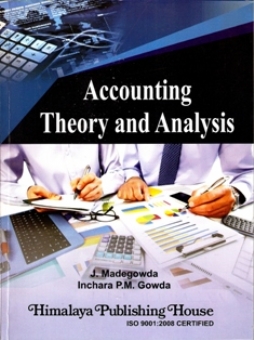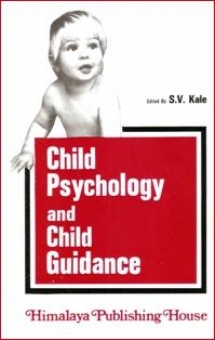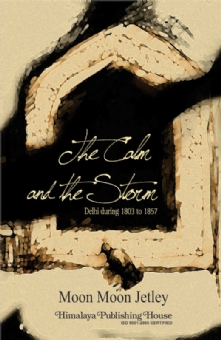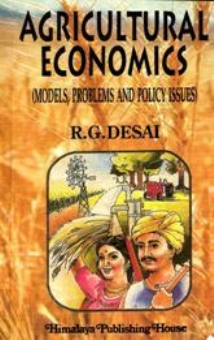The central purpose of Human Resource Development (HRD) is to unleash human potential within an individual. HRD is a people development function in all forms of organizations. The basic philosophy is to help all employees recognize and realize their full potential as human beings, so that individuals, teams and organizations can achieve their objectives both effectively and efficiently. The strategic goal of modern firms is to create organizations which are more intelligent and flexible than their competitors by hiring and developing more talented human resources and by extending their skill base. During the eighties, Japanese management practices clearly indicated that business success based on high standards of performance was dependent on a highly trained and developed workforce.
The basic elements associated with the concept of HRD are education, training, development, and learning. Education is defined as `activities which aim to develop the knowledge, skills, moral values and understanding required in all aspects of life rather than a knowledge and skill relating to only a limited field of activity.` Training is learning that is provided in order to improve performance of an individual in the present job. It is a planned process to modify attitude, knowledge or skill behaviour through learning experience to achieve effective performance in an activity or range of activities.
In fact, human resource development is culture-specific, nation-specific, industry-specific, organization-specific and situation-specific. It would be futile if we air-lift a specific culture of an organization and straightway implement in our organization. Consciously and with due care, we have to design, develop and implement the human resource development philosophy, policies, processes. programmes and practices (5Ps). The gap analysis among the five Ps would provide first-hand information about the gap between realities and practices of the organization and in turn help us understand the gap and the remedial measures to be adopted.
This book, therefore, aims at narrowing down the gap between HR philosophy and practice and the implications of this book would result in the growth, development and excellence of human capital of different organizations and institutions.
Contents :
1. Workforce Diversity: Role of HR Manager
– Ms. Anita Jacob
2. Talent Retention-A Major Challenge for HR
– Ms. Janhavi V. Rao
3. Traces of HR in the Ancient Era and its Relevance in the Present Context
– Ms. Abhilasha Gupta
4. Navigating through the Storm: HR Strategy in Cross-country Mergers
– Prof. Saritha Kurien
5. Mechanism to Manage Stress before Stress Manages Employees
– Ms. Hema P. Mehta
6. Talent Acquisition and Retention in Social Enterprises: Innovations in HR Strategies
– Ms. Kajal D. Chheda
7. Impact of Employees Leaving the Organization A Case Study on a Entertainment Industry
– Ms. Kankana Banerjee
8. Creative Human Resource Management during Downturn: A Study of Selected Automobile Companies in India
– Ms. Monica Daniel Penkar
9. Counselling Facilities for Teachers-A Path to HRD
– Ms. Rajashree Milind Joshi
10. Human Resource Development-Realities in Educational Institutions
– Dr. Renuka K. Shewkani
11. Perception Barriers for Women Entrepreneurs in India
– Dr. Neelam Arora
12. Future HR Challenges and Talent Management Tactics
– Dr. Vinayak K. Raje
13. India-Women in Leadership or Not?
– Prof. Darshana D. Kadwadkar & Dr. T. P. Ghule
14. Women Contribution in Development and Work-Life Balance
– Ms. Deepali Kamble
15. Traces of HR in the Ancient Era and its Relevance in the Present Context
– Ms. Meenakshi Venkatesh
16. HR Interventions in Banks of Mumbai Region for Organizational Effectiveness
– Dr. M.B. Madlani
17. Growth of Women Leaders in India-An Analysis
– Prof. Iyer Srinivasan B.
18. An Analytical Study on Effectiveness of Job Portal for HR Department
– Ms. Pratiksha Patil
19. Knowledge Management: Impact on Enhanced Human Resource Performance
– Dr. Sridhara Shetty
20. Change Management: Challenges and Role of Human Resource Manager
– Ms. Munira Zahir Nanpariya
21. Personnel Economics and Job Retention in Human Resource Management (A Case Study on Indian Railways
– Ms. Pooja Pandey & Ms. Anita Yadav
22. HR Strategies in Economic Recession
– Mr. Ramji Tiwari
23. Analyzing the Challenge for HR to Retain Talent: A Comparative Study of Attrition Rate of BPO Industry and IT Industry in India
– Ms. Shurlly Tiwari
24. Indian Community in Hong Kong: Remittances, Opportunities and Challenges
– Dr. Badruddin
25. Glass Ceiling`: A Reality not Myth
– Ms. Kalpana Rai Mennon
26. Managing the Gold Collars
– Ms. Nidhi Chandorkar
27. Ethics at Workplace
– Ms. Seema Rawat
28. High Employee Turnover in Call Centre Industry in India
– Ms. Jyoti Ganagi & Ms. Komal Tiwari
29. Comparative Study of Satisfaction Levels and Work Environmentl of Payroll Sales Employees and Outsourced Sales Representatives in Pharmaceuticals Industry
– Mr. Mangesh Patil & Dr. Krishna Shetty
30. Pink Slip to Entrepreneurship
– Mr. Armond D` Costa

